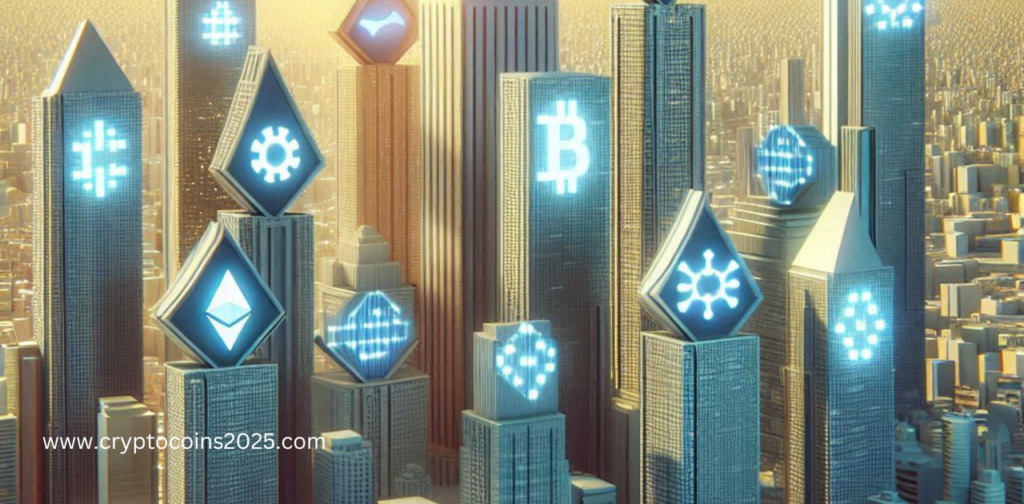Contents
Beyond Ethereum: The Rise of Alternative Blockchains
Ethereum, the leading smart contract platform, has been a major force in the blockchain revolution. However, Ethereum’s limitations – scalability issues and high transaction fees – have opened the door for a wave of innovative alternative blockchains. These new contenders are vying for a piece of the pie, offering faster speeds, lower costs, and unique features.
Why look beyond Ethereum?
While Ethereum boasts a vibrant developer community and a rich ecosystem of decentralized applications (dApps), its shortcomings are becoming increasingly apparent:
- Scalability issues: Ethereum’s proof-of-work (PoW) consensus mechanism struggles to handle high transaction volumes, leading to network congestion and slow processing times.
- High gas fees: The cost of conducting transactions on Ethereum can be prohibitively high, which hinders user adoption and limits the scalability of dApps.
- Limited functionality: Ethereum’s architecture is not optimized for specific use cases, such as high-speed payments or supply chain management.
The rise of challengers

Several alternative blockchains are emerging to address Ethereum’s limitations, each with its own strengths and target audience:
- Solana: Uses a proof-of-history (PoH) consensus mechanism known for its lightning-fast transaction speeds and low fees. Ideal for high-throughput applications.
- Cardano: Emphasizes security and scalability through a sophisticated proof-of-stake (PoS) consensus mechanism. Designed for building large-scale blockchain applications.
- Polkadot: A multi-chain network that allows interoperability between different blockchains, fostering a heterogeneous blockchain ecosystem.
- Binance Smart Chain (BSC): A high-performance blockchain launched by Binance, providing fast transaction processing and compatibility with Ethereum Virtual Machine (EVM) tools.
| Feature | Ethereum | Solana | Cardano | Polkadot | BSC |
|---|---|---|---|---|---|
| Consensus Mechanism | PoW | PoH | PoS | Designated Proof-of-Stake | PoA (Proof-of-Authority) |
| Transaction Speed | Slow | Very Fast | Fast | Scalable | Fast |
| Transaction Fees | High | Low | Low | Variable | Low |
| Smart Contract Functionality | Rich Ecosystem | Evolving | Evolving | Interoperable | EVM Compatible |
Key Considerations:
- Scalability: How well does the blockchain handle high transaction volumes?
- Transaction Fees: Are the fees affordable for everyday use cases?
- Security: How robust is the blockchain’s security architecture?
- Decentralization: To what extent is the network controlled by a central authority?
The Future of Blockchain

The rise of alternative blockchains is fueling a more diverse and competitive blockchain landscape. While Ethereum may not disappear completely, it may face continued pressure to adapt and improve. Ultimately, this competition benefits users by promoting innovation, reducing costs, and creating a wide range of blockchain solutions for different needs.
Frequently Asked Questions
- Q: Will alternative blockchains replace Ethereum?
- Answer: Not necessarily. Ethereum and alternative blockchains can exist simultaneously and meet different use cases.
- Q: Which blockchain is best?
- Answer: There is no single “best” blockchain. The best option depends on your specific needs and preferences.
- Question: Is it safe to invest in alternative blockchains?
- Answer: The crypto market is inherently risky. Do thorough research before investing in any blockchain project.
The future of blockchain technology is bright, and the rise of alternative blockchains is proof of its continued growth. As these platforms mature and find their footing, they have the potential to open up a new era of innovation and decentralization across various industries.

